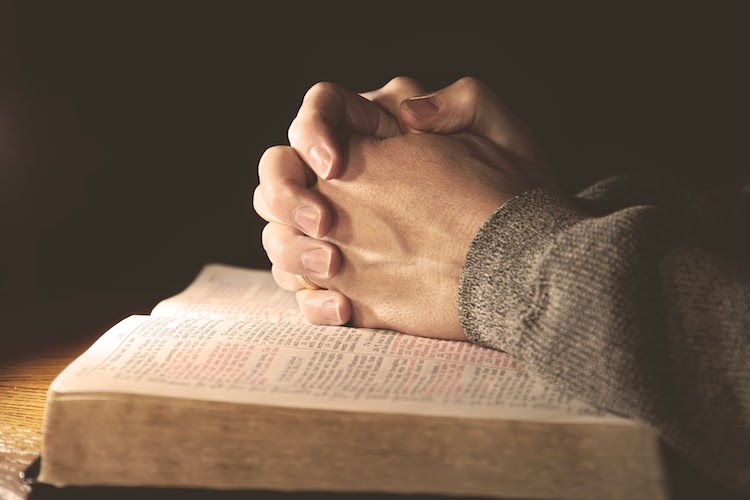
Revelation, the last book of the Bible, has quite a reputation. It has inspired some of the most creative and fantastic storylines ever conceived over the centuries. It’s also inspired countless attempts to figure out what it all really means – something I’ve been content to leave to those who get into that kind of thing.
But I still read it through every time I get to it. It caps off my annual chronological reading plan quite perfectly – as one might certainly expect. Over the time I’m reading, I’ll often double up on the day’s reading (and sometimes more if I’m enjoying a nice Saturday morning with a cup of coffee), but there are never any real goals for the days I read other than finishing at least one day’s worth every morning. I seldom read whole books of that length in a single day…except when I get to Revelation. It started about 5 years ago, as I sat in a coffee shop one evening with only that book left to read. I was having such a good time I did it in one sitting. It’s certainly not hard. Only 22 chapters. Even a slower reader like me can knock it out in less than an hour. So now it’s become my tradition to wrap up my Bible read-through by reading Revelation straight through on the last day. And this year it just worked out that the book came up on the last day of the year.
And what a year.
Now, if you’ve ever read Revelation, well, there’s quite a bit there. So much incredible imagery. It’s captured the imagination of many throughout history, and not just those who believe the Bible is true. Apocalyptic prophesies have been going on for pretty much the entirety of recorded history, and Revelation certainly feeds the imaginations of those who look for them. I had a friend in particular who studied it fastidiously for years and even now I’m sure he’ll insist that the four horsemen represent every color in the flags of Muslim countries. I remember when I pointed out that the main color of the flag of Saudi Arabia is green he let me know that the word often translated as “pale” for the fourth horse is actually “green.”
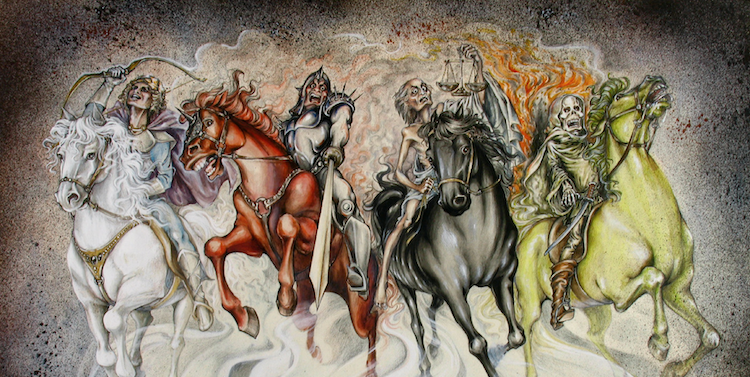
I checked. He’s right (but that doesn’t make him right).
But I’m not writing this to give you a Bible study on a book that most people little understand. I’m here for something a bit more hopeful.
Jesus describes the end times in a few of the gospels, and it’s not nice. He says there will be wars. There will be rumors of wars. Famine. Pestilence. Earthquakes. “Distress of nations in perplexity because of the roaring of the sea and the waves, people fainting with fear and with foreboding of what is coming on the world.” Tribulation and hatred and death for those who follow him. Revelation goes there, and it describes those times in great detail…and yet with an imagery that quite often makes little sense to the reader. Pools of fire, pits and dragons and grasshoppers. Riders on horses. Angels breaking seals and blaring trumpets. Blood flowing as high as a horse’s bridle. Beasts with horns. Death. Destruction. Misery.
Sure, we think 2020 was a bad year, but has it been that bad? I think there are some people who think it has – and some even going back a few more years than this last one.
But let’s put all of that imagery in its right place. I really don’t think we’ll be seeing a woman robed in purple riding a scarlet beast with seven heads and ten horns filled with blasphemous names flying through the air any time soon (if at all). But that doesn’t mean we won’t see chaos and suffering and pain. That doesn’t mean we won’t see the continuing rise of evil – the oppression and exploitation of the common man in many places around the world. And you don’t have to attribute these things to evil men who are merely puppets of satanic forces if you don’t want to. All you really have to do is take a close look around you. What does human nature tell you? On a small scale, like with you and me, the nefarious aspects of our natures are fairly insignificant to the workings of the world. But when given the empowerment of billions of dollars, corporations, or entire nation-states, the results are certainly amplified.
Put on top of that changes in the natural world – weather patterns, ice melts, pollution, fire, extinctions. I’m not saying this as some kind of fanatic. I’m saying it as a person who can look around and see it with my own eyes (and breathe it with my own lungs). We at least have to be good stewards of the planet on which we live, but it seems to have been a losing battle lately.

But let’s get back to Revelation. I don’t want you thinking I was up there telling you a few paragraphs ago that I was here for something more hopeful only to launch into a long section telling you how bad it’s gotten.
First, let’s go back to the very beginning of the Bible. Genesis chapters one and two. In these two chapters, God creates, and by the time he’s done, it’s “very good.” Who can argue with two people wandering around a beautiful and perfect garden naked and unashamed? It is literally paradise. Then comes chapter three. And it all falls apart. Paul alludes to this in his letter to the Roman church – “we know that the whole of creation has been groaning together in the pains of childbirth until now.” Things are no longer idyllic. And while some may be walking around naked, it’s most certainly not in a perfect paradise.
And then there’s 2020. If ever there was a time we could see the groaning of creation, it was 2020.
But here’s something interesting I’ve long noticed about the Bible. Its first two chapters start out in paradise. Then it goes on a run of murder, mayhem, and just all-around humanity taking over from God and doing its thing. In the Bible I’m reading, that run starts on page 3 and goes on for the next 1,247 pages. But in that same Bible, from page 1,250 to 1,252 we see the end result – two chapters that only begin to describe the new paradise we face when this is all over. And again, with an imagery that only belongs in Revelation: streets of gold, gates of pearls – that kind of stuff. Now I’ve never been one to care much for streets of gold, and this is where I’m banking on Revelation being a book that simply relies on incredible imagery to describe things that will really be indescribable. Sure, the locusts and the dragons and the blood have to mean something other than what we understand, but then too we must imagine that a place without tears will be something even more than we can grasp.
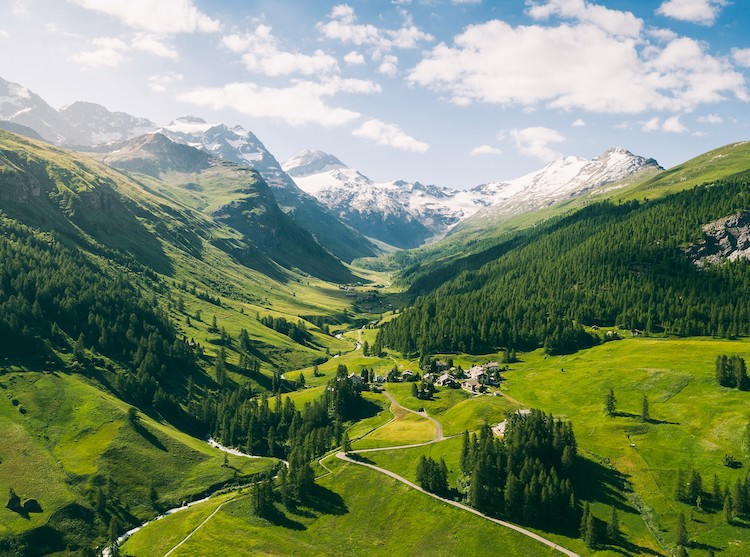
And here is the hope we should all have. The Christian can look at 2020 and lament, but should also remember Paul’s words – creation is indeed groaning under the weight of humanity’s rebellion against its creator. I know this sounds like goofy talk to some people who might read this, but let me try to boil it down quite simply.
Christians believe an infinitely powerful and yet loving God created this universe. He created us (humans) and gave us the freedom to live in close fellowship with him. And yet, we have turned from that offer. We have said, “We think our way will work out just fine. We don’t need you.” The result of that has been the world as we see it now. We can get a feel for this whole mess with what Paul writes in his letter to the Romans. Three times within five verses in the first chapter he says, “God gave them up…” This isn’t a matter of God saying “you done messed up” and turning his back on humanity. This is God saying, “You want to do it your way? Fine. Go ahead.”
We all know how that works out.
And yet he makes a way. He makes a way by which we can come back into fellowship with him. He makes a way to satisfy the rightful anger he has for us turning our backs on him. Perhaps it sounds odd or even malicious – make a bunch of rules we can’t keep and then blame us for not keeping them. I mean, how can you blame us for living by our nature? But let me put this another way. If a man were to murder someone and face trial, we certainly wouldn’t expect a good judge to say, “Well, you couldn’t help it. It was in your nature to murder someone. You’re free to go.”
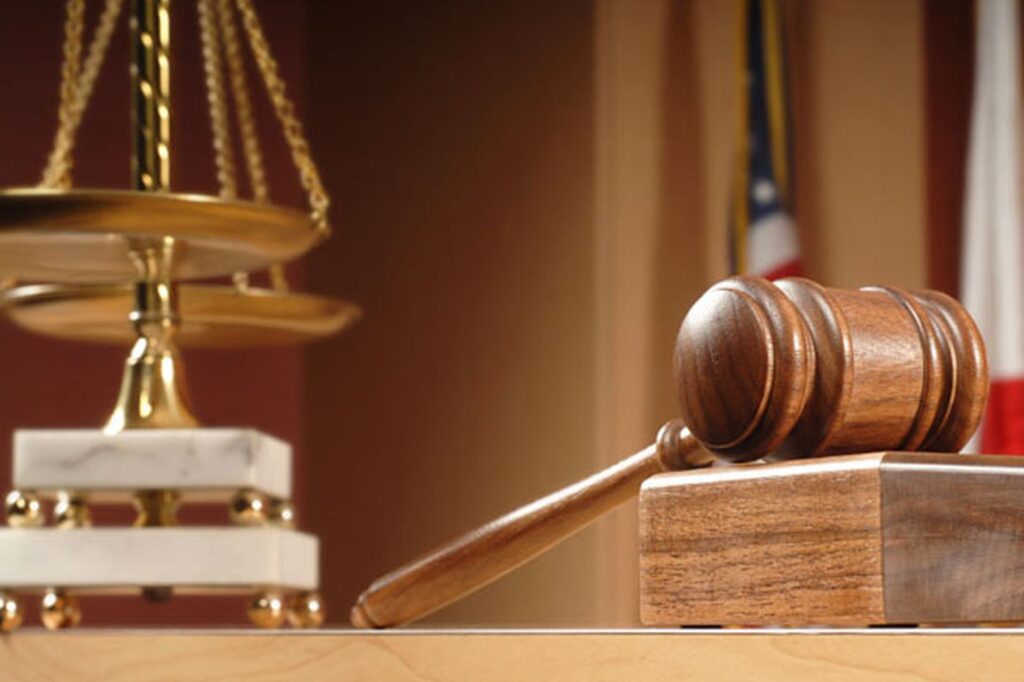
“But c’mon Bob,” you say, “I never murdered anyone.” Here’s where another illustration might be helpful. If I tell a lie to my child, I face virtually no repercussions. To my wife? I may be sleeping on the couch. To the police, a judge, or the IRS? I may be sleeping in a cell. Now, to an infinitely holy God who happens to have created me and sustains me? And even more, over a lifetime where I will quite certainly cumulatively do worse than a lie? Is my judge – who just happens to embody (in as much as he can “embody” anything) absolute perfection – going to remain perfect if he lets me off scot free?
Of course not. As it is in our own courts – courts in which the judge does not know the very thoughts of the accused – we still understand that true justice demands payment.
But let me ask this – how can we make payment for perfection when we ourselves cannot attain it? How can the criminal pay for his crimes when the penalty includes the inability to come into the presence of the perfect? Another illustration: take a cup of pure, clear water, then add a drop of deadly poison. The water is no longer pure. You cannot introduce filth into purity and still have purity. Now take a pure, holy, and perfect God and bring into his presence the rebel stained in sin. It just can’t happen. Either the stain of sin is obliterated or our perfect God becomes imperfect.
And here’s where the whole thing makes sense to me. Because we can’t make that payment. Only one who is “rich” enough can pay the fine. Offense against perfection requires perfection itself – and this is the genius of God’s plan. He’ll pay it himself. And to share in that good news, all we have to do is know and believe that he has.
Sadly, American Christianity (and Christianity in a lot of the developed world) has fallen into something sociologist Christian Smith calls “Moralistic Therapeutic Deism.” That is, God…if he’s there at all…wants us to be “good” and he wants us to be “happy,” but other than that, not much else. And conveniently, “good” pretty much seems to be up to us too. I mean, I may cheat on my taxes, but I’m not Hitler, right?

Listen, if we get to draw the lines here, do you really think true justice will end up being served in the end? If you think it will, I don’t think you understand justice. True justice doesn’t mean cutting some people slack and others not. And yet, if you’re honest with yourself, you know that’s exactly what you would do.
So today, I got all of this out of the last book of the Bible. As I was reading, I didn’t start wondering when the grasshoppers would start coming or when I’d see blood flowing in the streets. I didn’t even think about getting “666” tattooed on my forehead or having a microchip implanted so I could pay for my groceries with a wave of the hand (even if it seems the tech is getting close with that one).
No. I thought about 2020 and the mess this world is in, even at its best. I thought of mankind coming out of the bloodiest century in its history only to be faced with a new one where fanatics fly planes into buildings and governments imprison and enslave hundreds of thousands of their own citizens. Keeping people from blowing up buildings and shooting up schools has become a full-time job, and yet, we still fail quite consistently. Do you really expect that within a few centuries we’ll be travelling the galaxy in a starship spreading love and peace?
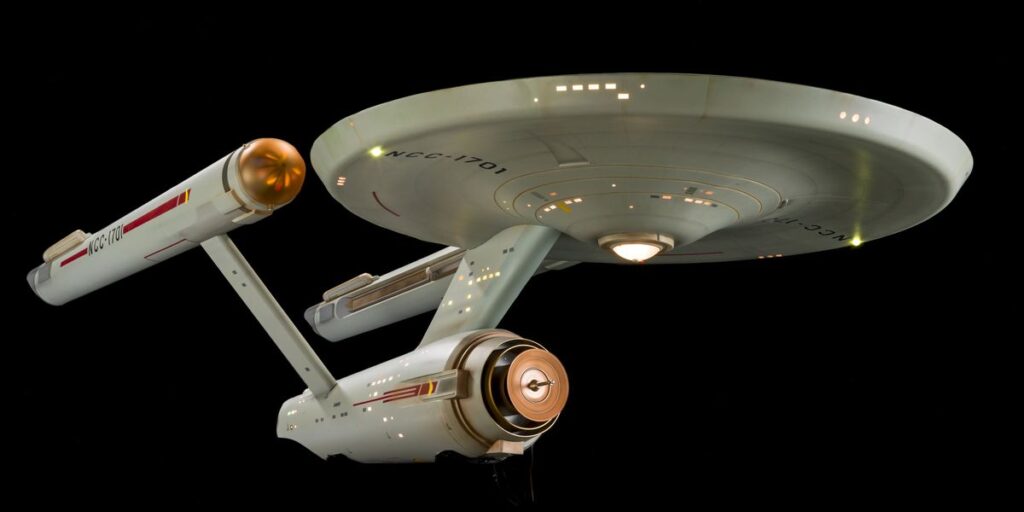
In the last decade, I’ve read Revelation more than a dozen times, and yet finishing on the last day of 2020 has brought its message into sharper focus for me. And here’s the spoiler alert: through all of the suffering and chaos of the world – all of the “groanings of creation” if I can use Paul’s words – there is still an end coming. For some, it’s a hopeful ending. For others? Well, I’m sure they’d rather keep trying it their way and hoping for the best.
In any case, Happy New Year. 2021 can’t be any worse.
Or can it?
